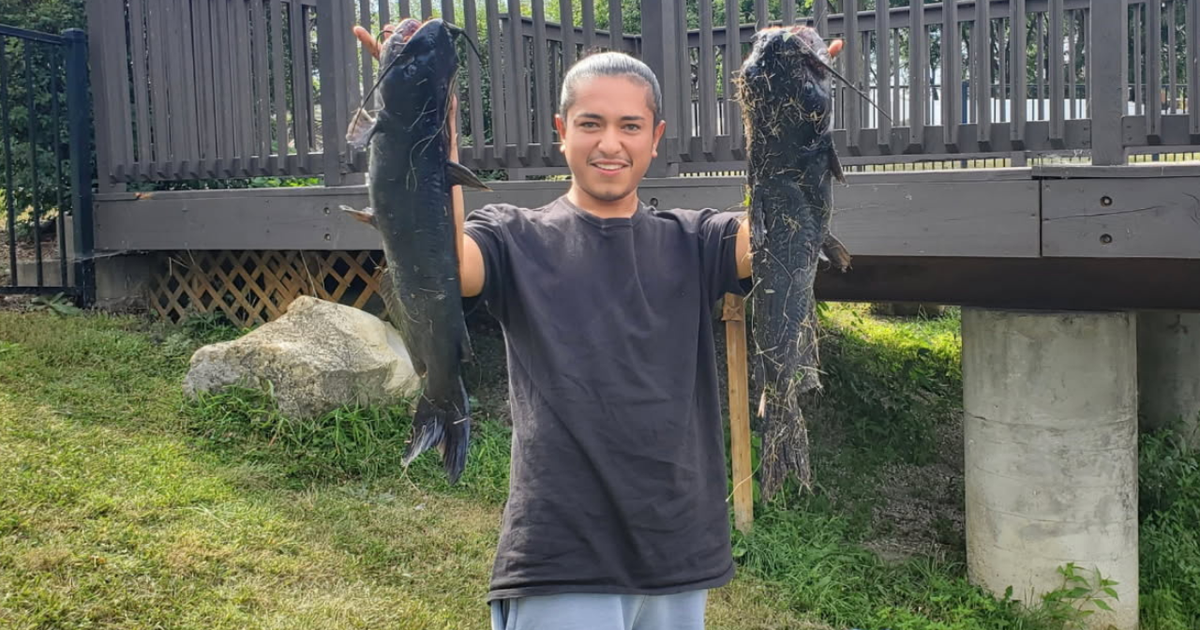Chicago's Lurie Children's Hospital has clinical study for peanut allergy sufferers and a patch that could help
CHICAGO (CBS) — Peanut allergies have become the most common food allergy in children in the United States.
In some cases, it can be life-threatening.
As part of Food Allergy Awareness Week, Lurie Children's Hospital shared new details about its potentially groundbreaking study on preventing severe reactions to accidental exposure.
For Aisha Brownlee Williams, there's no such thing as a quick and simple meal when it comes to feeding her 4-year-old, Ariah.
"The red dots mean this is specifically for Ariah," Williams said.
Her food is packaged, labeled, and separated from the rest of the household, and Aria is among the 8% of children in the United States affected by food allergies.
"So we got milk, egg, peanut, tree nut, wheat," Williams said.
That's just to name a few.
Accidental exposures are constantly on Williams' mind, especially after two traumatic experiences. One happened at a family birthday party when a relative unknowingly gave the child cake.
"And second minutes go by. She starts to cough. She starts to sneeze. She starts to vomit. She started to vomit. I gave her that EPP right away, and we called 911," Williams said.
Another incident was when she came into contact with a granola bar.
"We try to lead a normal life, but it is very hard," Williams said.
While some strides in allergy research have been made in recent years, there's plenty of work to do. Peanut allergies have become the most prevalent in children and have presented the most obstacles.
"Historically, we say about 20% of people could potentially outgrow their peanut allergy," Lippner said.
Dr. Elizabeth Lippner, an allergist and physician at Laurie Children's Hospital, spearheads a breakthrough clinical study researching the impact of a peanut allergy skin patch, which would prevent severe reactions to accidental exposure.
"So you put it on a kind of like a Band-Aid on the upper back, and then as the day goes on, we all get warm, and moisture mixes with the peanut allergen. And then it falls back down onto the skin. And so that's how we slowly train the immune system to become more tolerant to that peanut," Lippner said.
The clinical study focuses on children ages four to seven diagnosed with peanut allergy. Every day, for one year, they wear a new patch
The long-term goal is to keep severe allergic reactions at bay and keep patients like Ariah out of the ER.
"I think it's very exciting," Williams said.
The clinical trial at Laurie's is ongoing, and about 200 spots are still open for families interested in participating. Lurie Children's has a link for more information.







